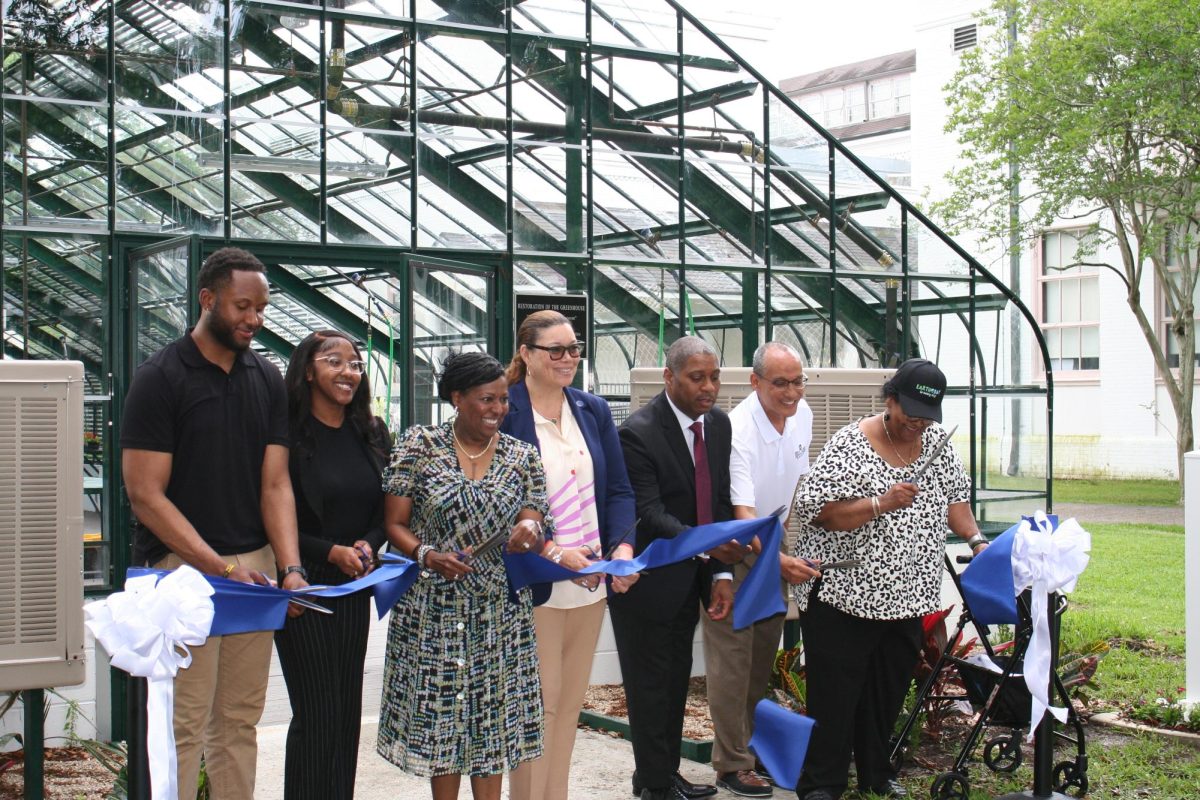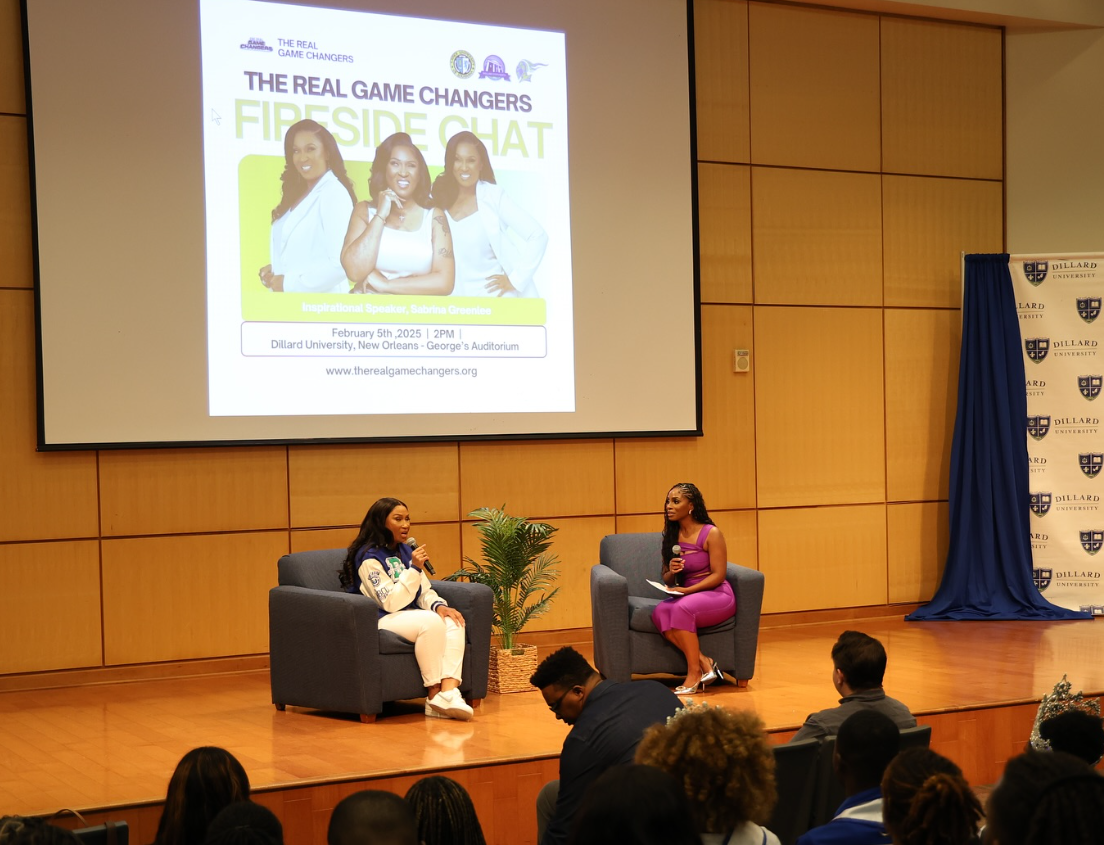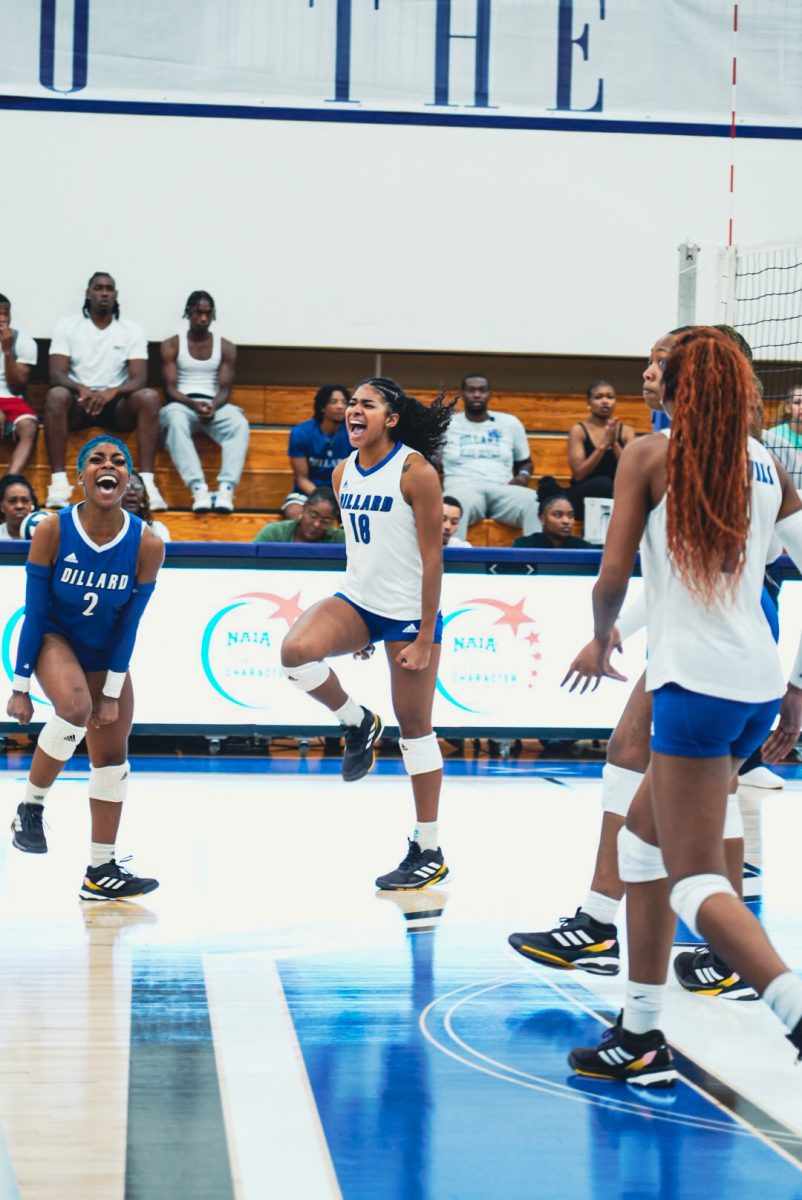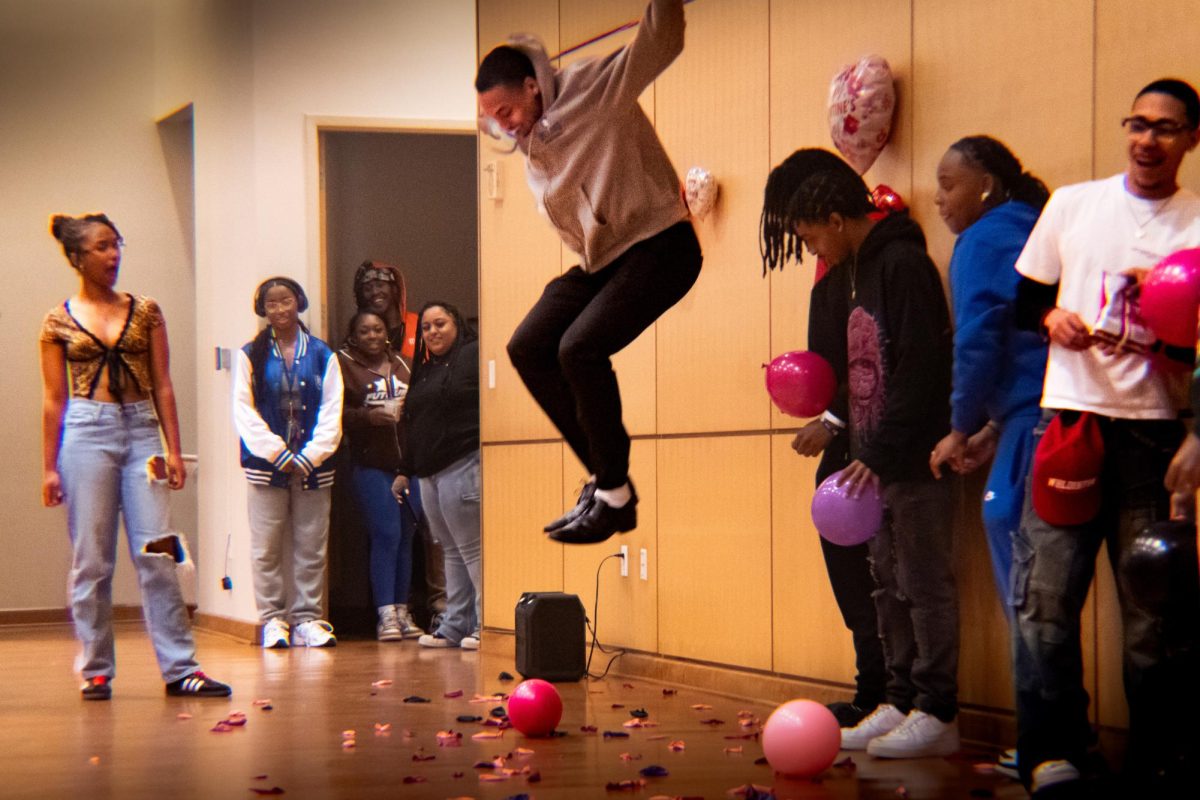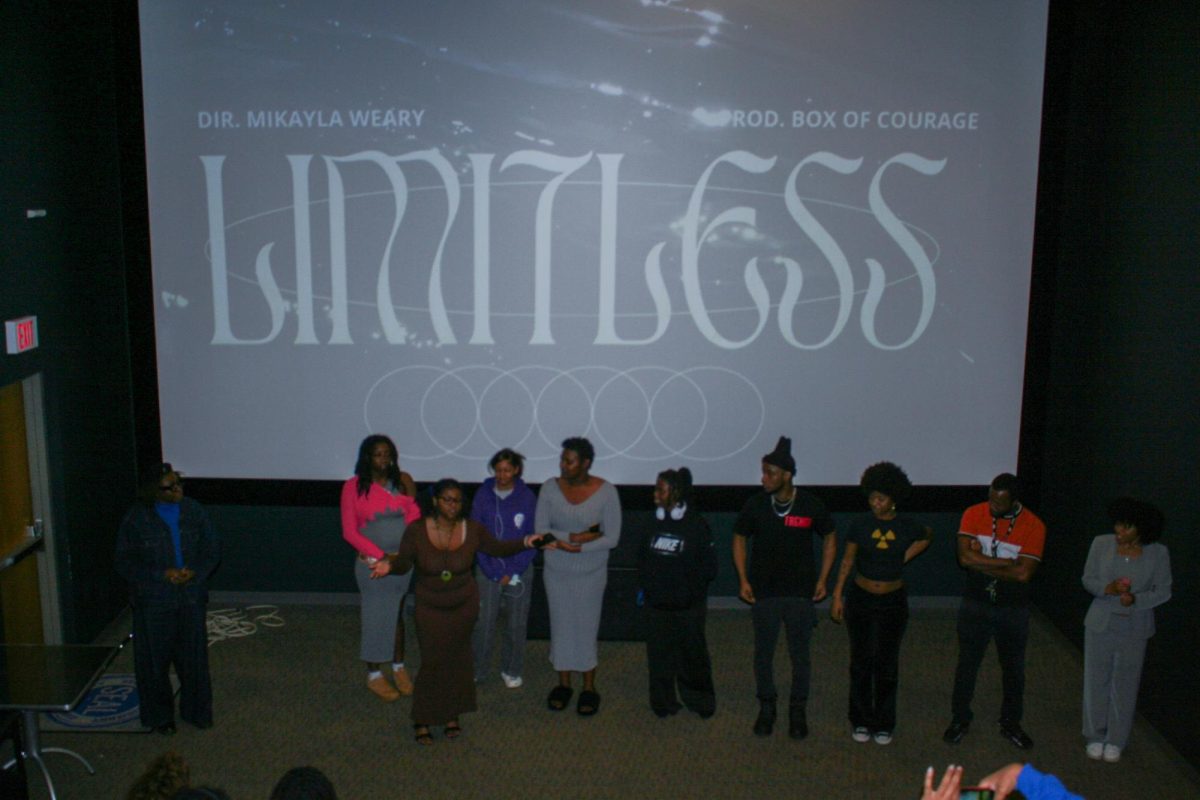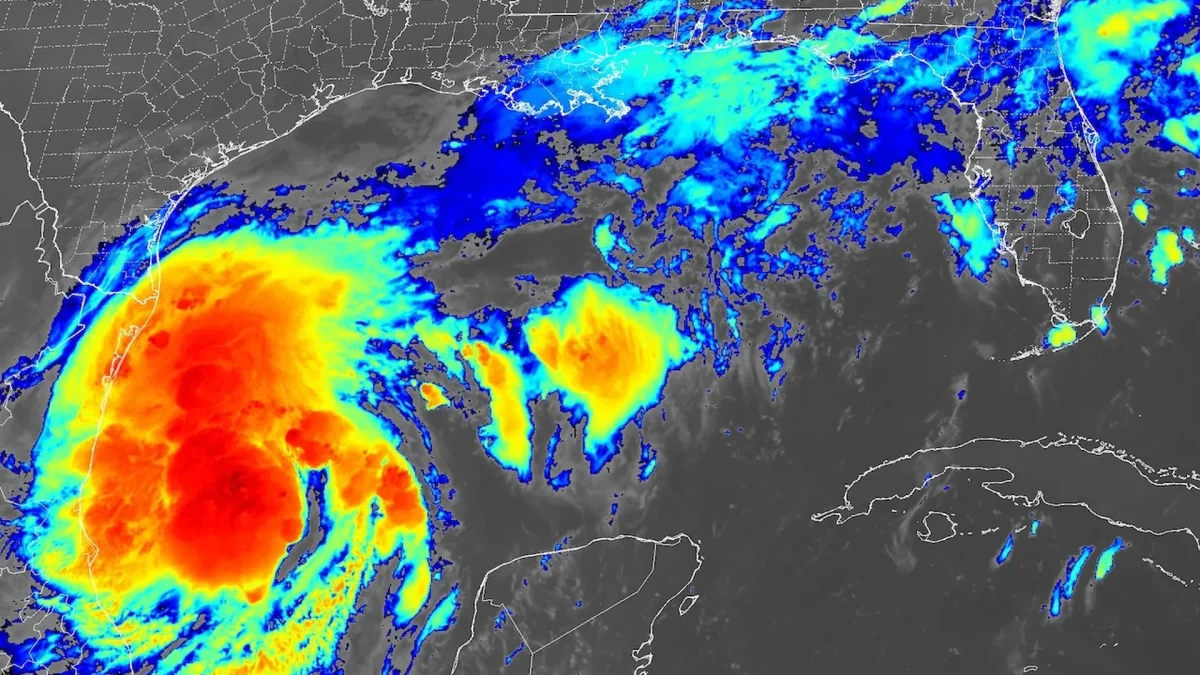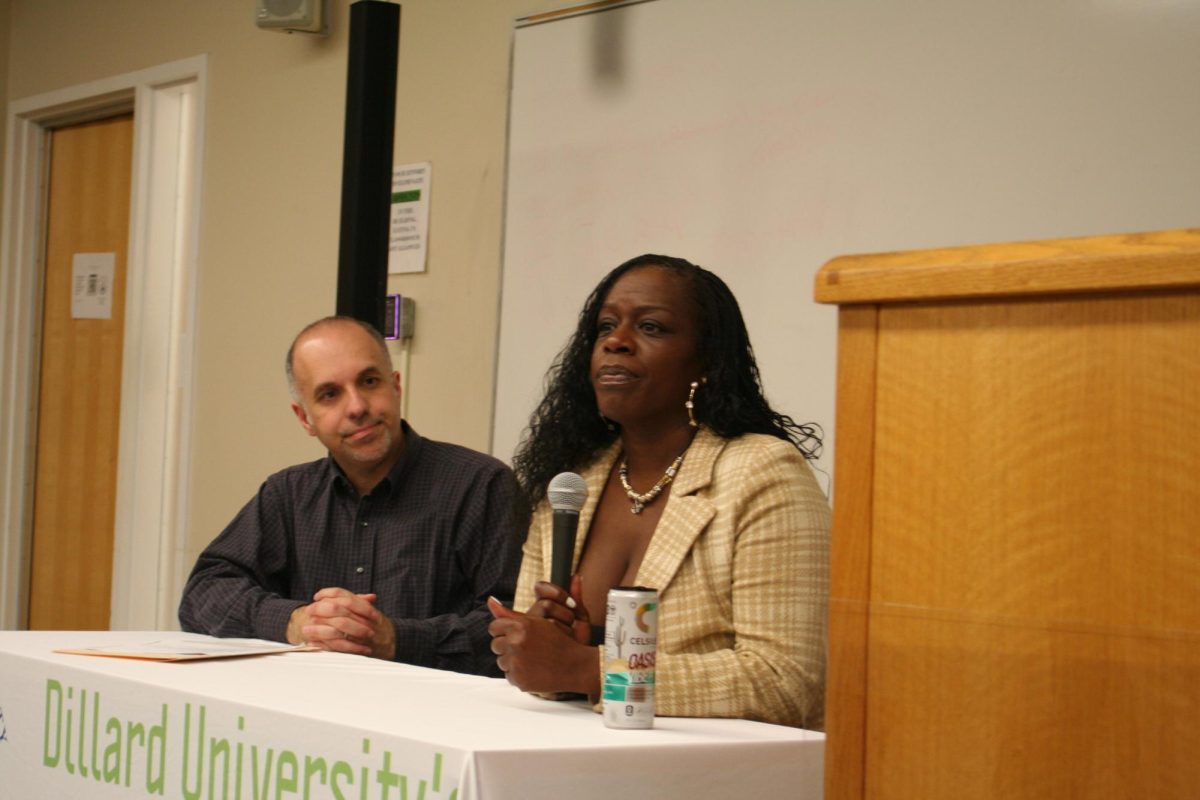
NEW ORLEANS (November 15, 2021) – The detrimental effects of Hurricane Ida showcased the need for the Dillard University and the Gentilly community to address climate change.
Hurricane Ida made landfall Aug. 29, taking lives and leaving much of the city without power. It took nearly two weeks for a majority of the New Orleans area to have power restored – even longer for another 220,000 around the state.
A recent report by the United Nations’ Intergovernmental Panel on Climate Change declared a “code red” in the fight against climate change. Per the report, we have a few years before the effects of climate change are irreversible, and everyone has a responsibility to confront it.
Dillard must prepare.
According to Dr. Roland Bullard, vice president for Student Success, the Emergency Management Committee is expected to update its Emergency Management Plan beginning this month with the goal of releasing the updated plan next semester. Some of these updates will include establishing evacuation locations to the east and west of New Orleans, providing options for changing storm patterns.
Dr. Walter Kimbrough, university president, cautioned that the process of cultivating relationships with other institutions requires time. However, making connections with institutions in various locations will be beneficial to ensure that students have a safe place to evacuate to during hurricane season.
It is impossible to evaluate the institution’s response to Hurricane Ida without mentioning that of the city of New Orleans. Much discussion post-Ida has been about “hardening the grid,” after hundreds of thousands were without electricity for two weeks or more.
Hardening the grid is creation of a strong infrastructure to better protect utility customers from weather-related outages, from physical structures to communication. This includes putting more electricity lines underground.
Some grids are hardened on campus, Kimbrough said, and talks are continuing with the city about additional work.
After Hurricane Ida, stakeholders across the Dillard University community are accessing areas of potential.
Kimbrough encouraged students to get to know the position of candidates on such issues. He also pointed to the the necessity for accessing and strengthening other systems in New Orleans, such as the sewerage system.
Storms are only getting more intense with climate change; the Dillard University community must get involved to protect the Jewel of Gentilly.
Marissa Pittman
Sophomore
Urban Studies and Public Policy
Memphis, Tennessee

